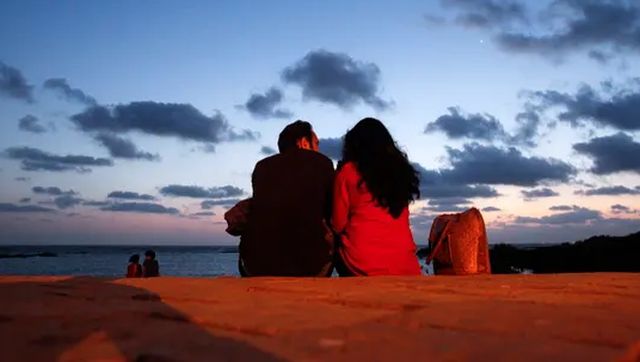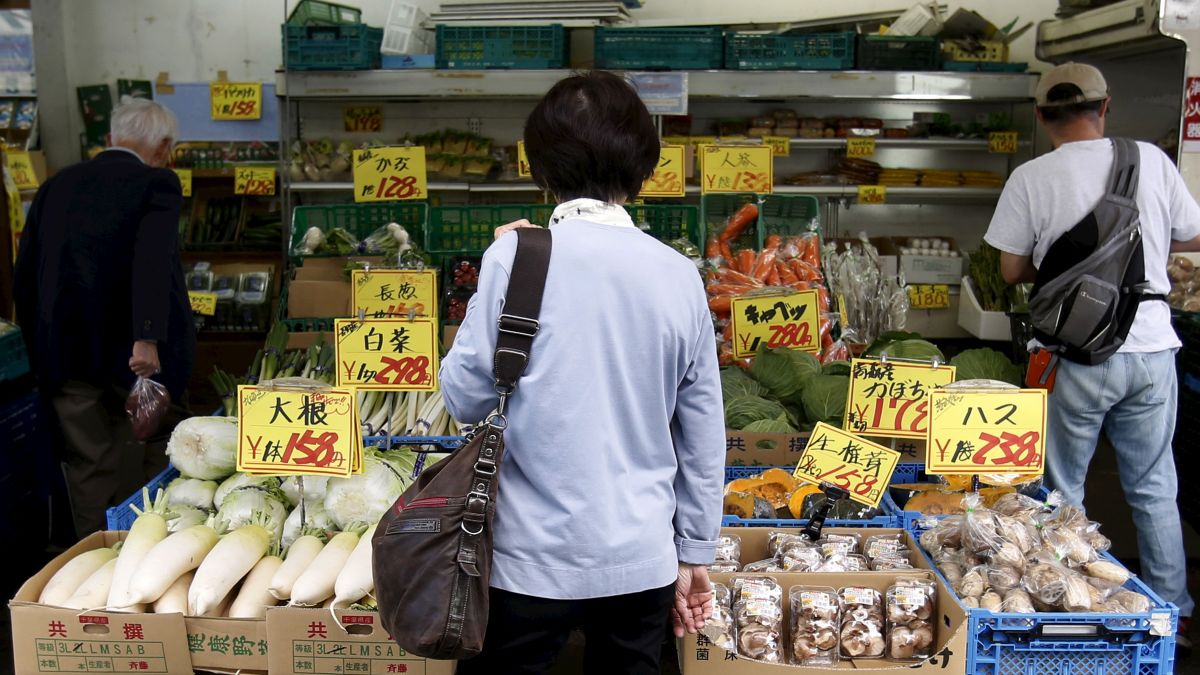Hyderabad: Can a person, accused of a criminal charge under the Indian Penal Code (IPC), carry on without that stigma, if he is acquitted of the charges? It’s a standard practice among law enforcers in the country to parade the accused in criminal cases before the media. The process, besides causing severe damage to the social standing of the person, makes him subject to unsavoury media trials which sometimes aim to prejudice the judicial process. If he is acquitted, it is often difficult for him and his family to recover from the damage to prestige already caused.
A division bench of the Hyderabad High Court comprising Chief Justice Kalyan Jyoti Sengupta and Justice PV Sanjay Kumar recently expressed their “extreme displeasure” over parading of accused in front of media and television channels. The observation has evoked a positive response and won accolades from different walks of life. The judges asserted that the bench would pass orders prohibiting the practice.
The justices were hearing a plea to transfer the case pertaining to deaths of three youths in an ‘encounter’ with the police in Warangal in December 2008 to Central Bureau of Investigation. While the troika was charged with attacking a girl by throwing acid on her, the girl suffered grievous injuries.
Andhra Pradesh Civil Liberties Committee (APCLC), which filed the petition, informed the court that the accused persons were paraded before the media and that they were photographed and videographed. Their pictures were published by newspapers and telecast by the TV channels. The three were killed in a subsequent “encounter” at Nakkalagutta in Warangal district.
It is not uncommon for police officials to get photographed with the display of recovered property, flanked by the arrested persons and the policemen responsible for the arrest. Aside from this, even in major crimes, the accused is “produced before the media”, according to the police parlance.
And, what’s more, the media persons commence their trial – or interrogation - even before the accused is produced before a court of law. The bench expressed its anguish over the photographs of celebration over the ‘encounter killings’.
Rights activist and former professor in University of Hyderabad Prof G Haragopal said the time-tested assumption of the law that “the accused is innocent till the guilt is proved has been altered by our police to that the accused is guilty till the innocence is proved.” It is complete subversion of the entire criminal jurisprudence.
Senior Advocate of High Court of Hyderabad L Ravichander, who is appearing for the Superintendent of Police, in the APCLC’s case, however said that any parading, more so of an accused person, is a serious human rights violation and unacceptable in a civilized society. The stage at which they are being paraded is when they are just the accused and not convicts. Therefore, to present them as somebody who is a criminal is against the law. It is counter-productive to take the public into confidence at the stage of investigation. It’s a kind of systemic muscle flexing which neither the law permits, nor society respects.
In fact, a three-judge bench of the Supreme Court led by then Chief Justice of India RM Lodha on 28 August had objected to the investigating agencies parading accused persons before the media “as it is an affront to the person and dignity of the accused who was presumed innocent until convicted of the crime.”
Asking the agencies to stop media briefings forthwith after the arrest of a suspect, as whatever said by the investigating officers at media conferences would prejudice the person even before he was charged of the crime. The bench clarified this in response to a petition filled by People’s Union of Civil Liberties to prescribe guidelines for reporting of criminal cases.
“Media briefings by investigating officer during on-going investigations should not happen. It is a very serious matter. This issue touches upon Article 21 [Right to life and liberty including fair trial>,” the Chief Justice said.
Trial by media and defaming of accused persons has come in sharp focus on multiple occasions. However, no solution seemed to be in sight for this menace. In fact, the Bombay High Court too had passed an order on November 7, 2014 asking the Maharashtra Government and the Union Government to instruct the investigating agencies not to resort to pre-trial disclosure of the accused.


)




)
)
)
)
)
)
)
)